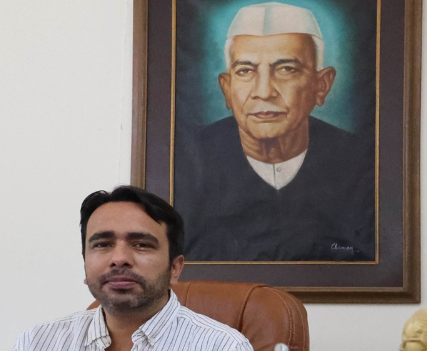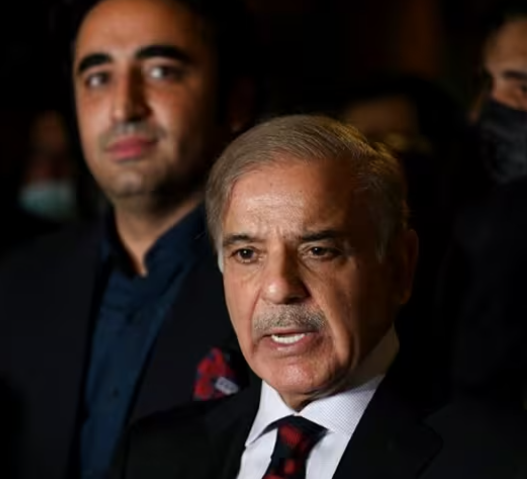
Shehbaz Sharif, Bilawal Bhutto-Zardari Unite to Govern; Imran Khan Under Scrutiny, Report Reveals
Shehbaz Sharif, Bilawal Bhutto-Zardari Join Forces for Government Formation; Imran Khan in the Spotlight
The recent developments in Pakistan’s electoral landscape have brought forth a new chapter of potential collaboration and unity among prominent political players. Following a crucial meeting between Shehbaz Sharif, brother of Nawaz Sharif, and Bilawal Bhutto along with former president Asif Ali Zardari, a significant decision has been made. Reports suggest that the Pakistan Muslim League-Nawaz (PML-N) and Pakistan Peoples Party (PPP) have reached an agreement to form a coalition government both at the national level and in the crucial Punjab province.
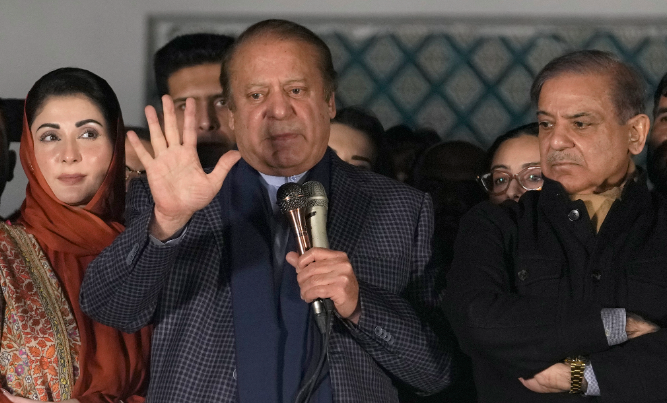
The meeting, held at the residence of caretaker Punjab chief minister Mohsin Naqvi, served as a platform for discussions on the future trajectory of Pakistan’s governance. During this gathering, Shehbaz Sharif not only conveyed Nawaz Sharif’s message but also extended an invitation to Bilawal Bhutto and Asif Ali Zardari to collaborate with the PML-N leadership. The discussions centered around the imperative of fostering political and economic stability in Pakistan through a united front.
Sources familiar with the deliberations revealed that both PPP leaders have shown willingness to join hands for government formation in Punjab and at the federal level. It is anticipated that the upcoming meetings between the two parties will focus on delineating a comprehensive power-sharing formula, addressing key questions regarding the distribution of responsibilities and offices.
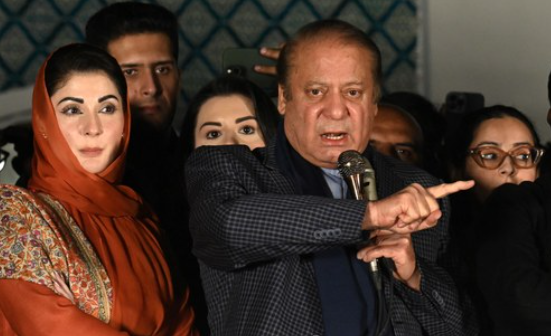
Nawaz Sharif, in a bid to consolidate support and forge a united front, had earlier expressed his intention to form a coalition government involving his party, PPP, Jamiat Ulema-e-Islam (F), and Muttahida Qaumi Movement (Pakistan). This strategic move comes in the wake of a closely contested electoral battle where no single party managed to secure a decisive mandate.
Despite the prevailing uncertainty, PML-N leaders have exuded confidence in their ability to form the next government, citing their significant electoral gains. Nawaz Sharif’s assertion of victory underscores the party’s resolve to navigate through the complexities of Pakistan’s political landscape and steer the country towards stability and progress.
Amidst these developments, the political narrative has also been influenced by Imran Khan’s Pakistan Tehreek-e-Insaf (PTI), which, despite facing challenges and a crackdown on campaigning, has emerged as a significant player in the electoral arena. The PTI’s performance, particularly in securing a substantial number of seats through independent candidates, has added a layer of intrigue to the post-election scenario.
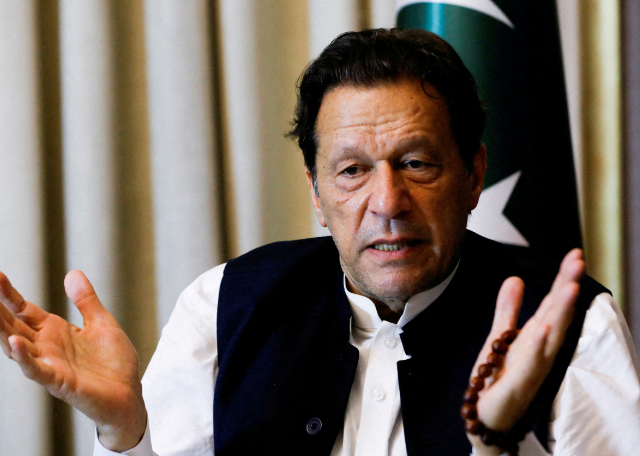
As the dust settles on Pakistan’s electoral battleground, the focus now shifts towards the intricate process of government formation and coalition-building. The coming days are poised to witness intense negotiations, strategic alliances, and political maneuvering as parties strive to translate electoral gains into effective governance. The outcome of these deliberations will not only shape the trajectory of Pakistan’s domestic politics but also have far-reaching implications for regional stability and international relations. In this evolving landscape, the spirit of unity and collaboration among political stakeholders holds the promise of charting a course towards a brighter future for Pakistan.
The unfolding developments in Pakistan’s political arena have captured the attention of both domestic and international observers, as key players navigate the complexities of post-election dynamics. The recent meeting between Shehbaz Sharif, representing the PML-N, and Bilawal Bhutto-Zardari, along with former president Asif Ali Zardari of the PPP, signifies a pivotal moment in the country’s political landscape. The decision to forge a coalition government between the two major parties, PML-N and PPP, holds significant implications for the future governance of Pakistan, particularly at the national level and in the crucial Punjab province.
The discussions held at the residence of caretaker Punjab chief minister Mohsin Naqvi underscored the shared commitment of both parties to prioritize the interests of the nation above partisan considerations. Shehbaz Sharif’s outreach to Bilawal Bhutto-Zardari and Asif Ali Zardari, coupled with Nawaz Sharif’s endorsement of a united government, reflects a pragmatic approach to addressing the challenges facing Pakistan.
For the latest updates-click here.

